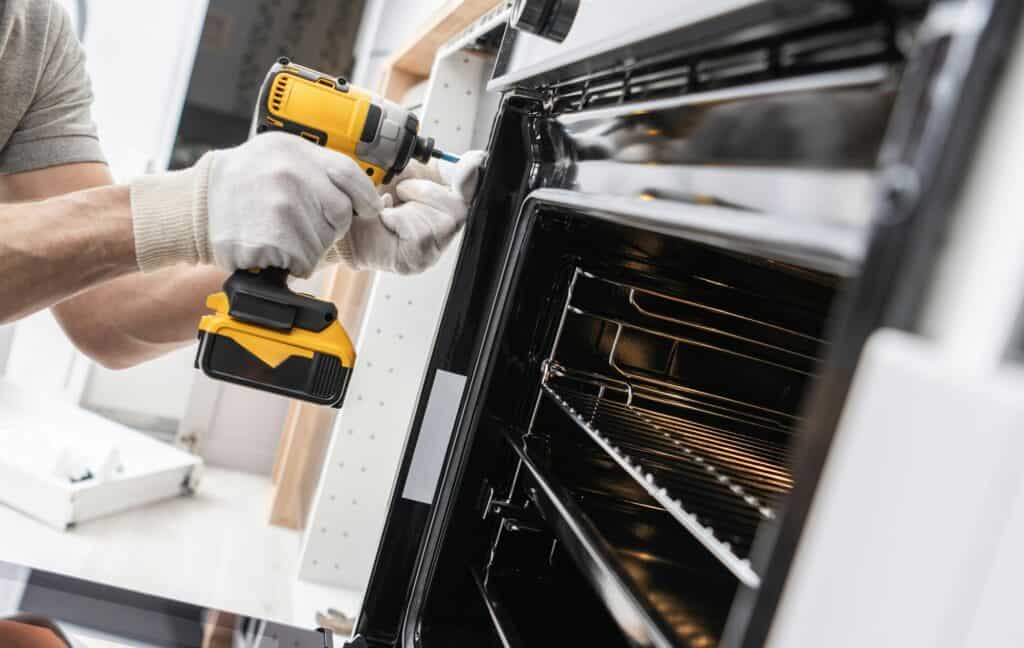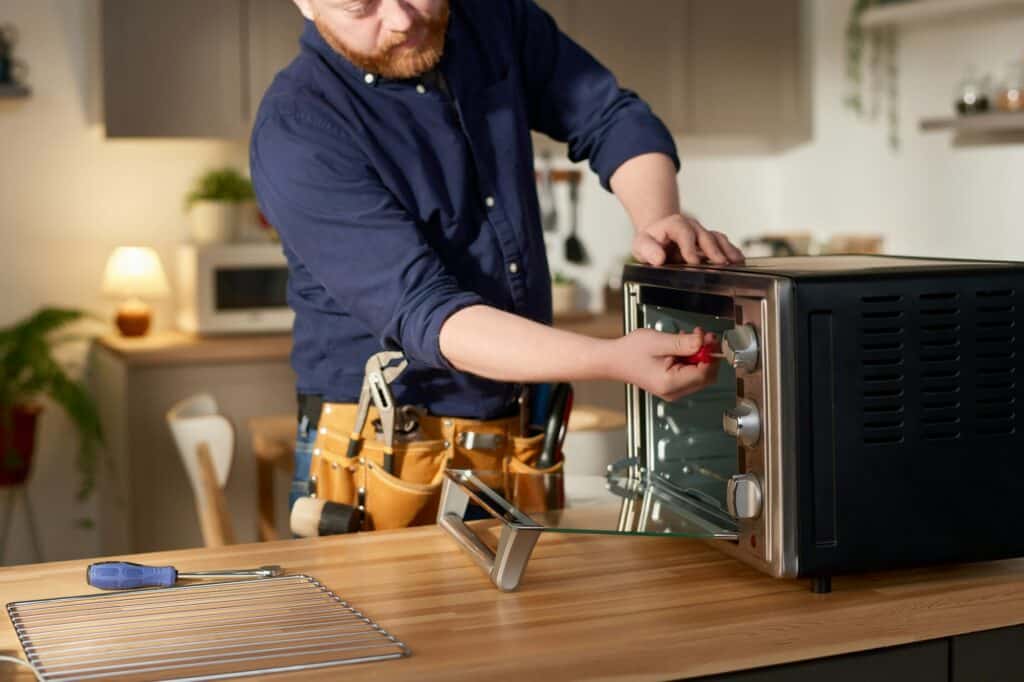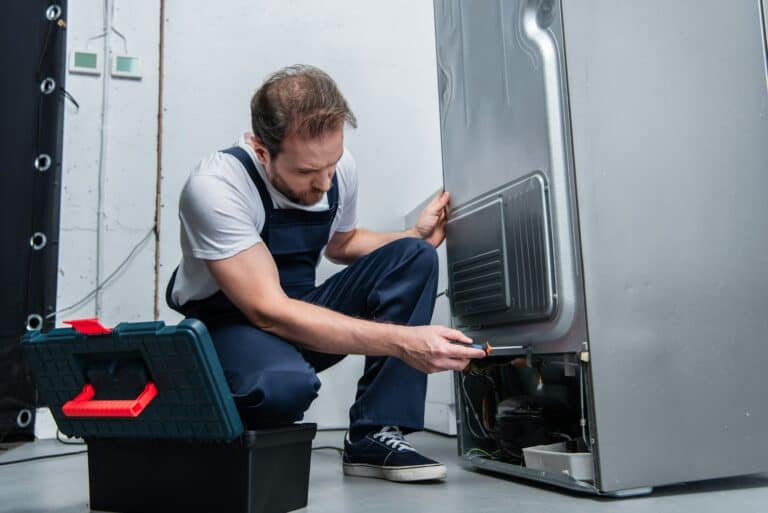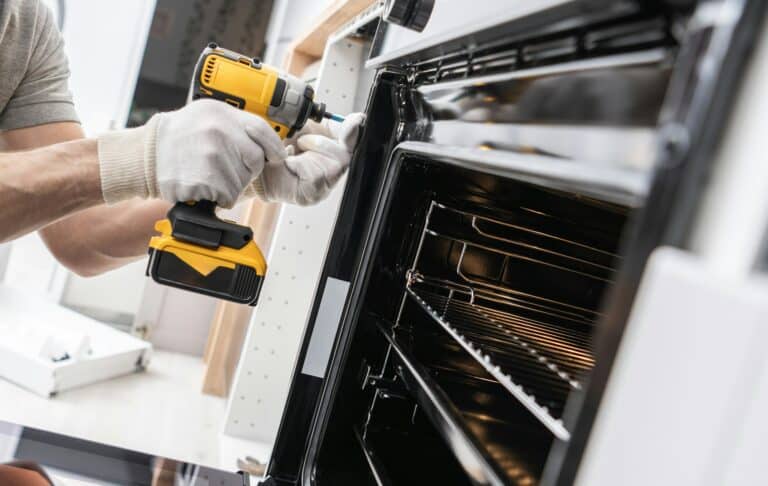Deciding whether to repair or replace a microwave can be challenging. Learn the key factors to consider, so you can make an informed decision that balances cost, convenience, and appliance performance.
The microwave oven is one of the most convenient appliances in modern kitchens, making meal preparation quick and easy. However, like any appliance, it’s subject to wear and tear over time. When your microwave starts showing signs of trouble, the big question is whether to repair it or replace it entirely. This blog post will help you decide when it’s time to replace versus repair your microwave oven.
Consider the Age of Your Microwave
Microwaves typically have a lifespan of around 7 to 10 years. If your microwave is nearing or past this age, it might be more cost-effective to replace it rather than repair it. Older microwaves may not only be more prone to issues but could also be less energy-efficient compared to newer models. Investing in a new microwave can save you money on energy bills and provide you with updated features.


Assess the Cost of Repairs
When deciding between repair and replacement, consider the cost of repairs in relation to the price of a new microwave. As a general rule, if the cost of repair is more than half the price of a new microwave, it’s better to replace it. For example, if a new microwave costs $100 and the repair estimate is $60, replacing it may be the wiser choice, especially if the microwave is already several years old.
Evaluate the Extent of the Problem
Not all microwave issues are created equal. Some problems, like a blown fuse or a faulty door switch, can be relatively inexpensive and straightforward to fix. However, if the microwave has more serious issues like a malfunctioning magnetron (the part that generates heat), the cost of repair can be high, and it may be more practical to invest in a new unit. Consider the severity of the problem and whether a repair will truly extend the microwave’s lifespan significantly.
Look at the Efficiency and Features
Microwaves have come a long way in terms of technology and efficiency. If your current microwave is outdated, replacing it with a newer model could provide better energy efficiency, more features, and improved cooking performance. Newer microwaves may include features like sensor cooking, inverter technology, or more precise controls, which can enhance your cooking experience. If these features appeal to you, it might be worth considering an upgrade.
Conclusion
Deciding whether to repair or replace your microwave oven depends on several factors, including the age of the appliance, the cost and extent of repairs, the frequency of breakdowns, and the potential benefits of a newer model. If your microwave is relatively new, and the repair is minor, fixing it could be a cost-effective solution. However, if your microwave is old, frequently breaking down, or the repair cost is high, replacing it might be the better option. By carefully considering these factors, you can make an informed decision that best suits your needs and budget.





